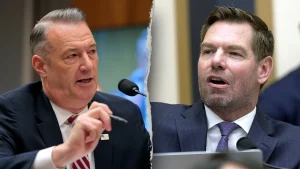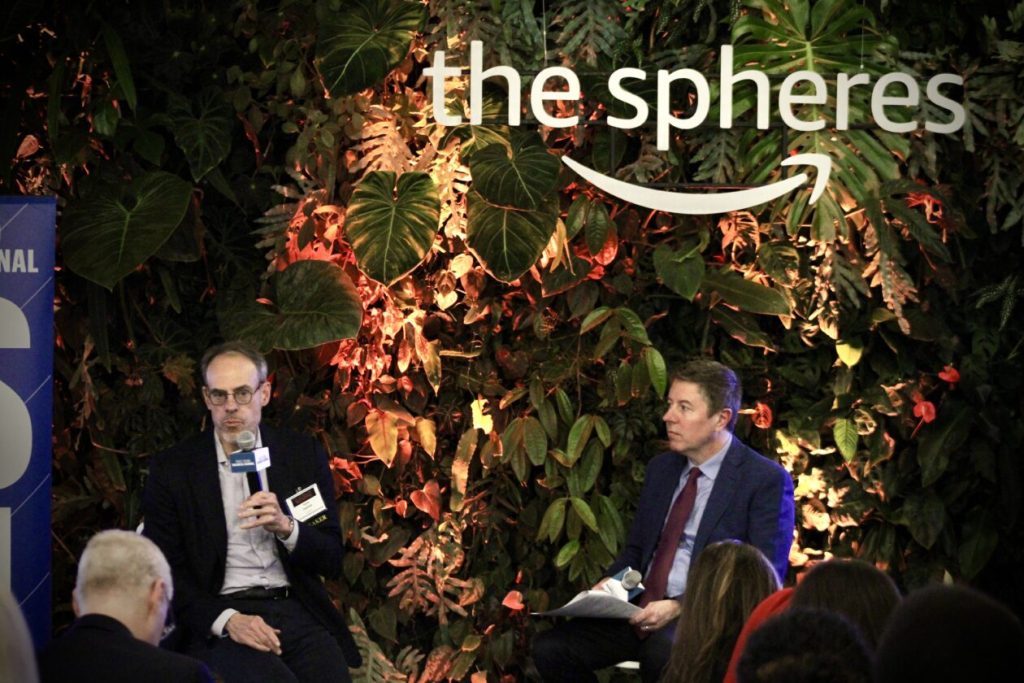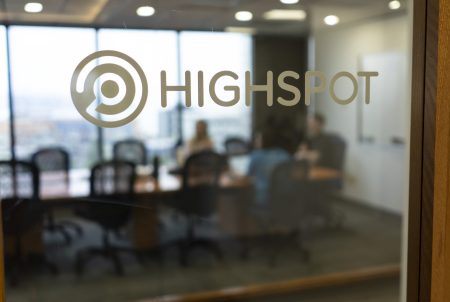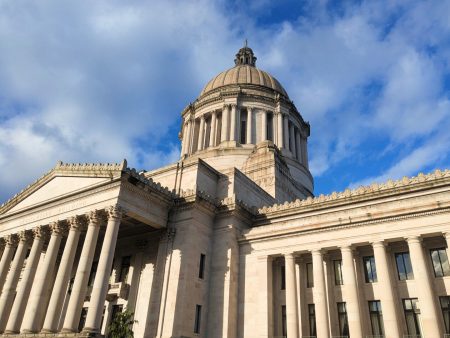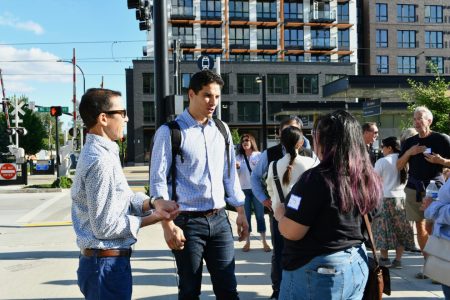Amazon Reaffirms Commitment to Seattle Amid Political Changes
In a significant public statement, Amazon’s chief global affairs and legal officer David Zapolsky has reassured the Seattle community that the tech giant remains committed to the Puget Sound region despite recent political changes. “We are not going anywhere,” Zapolsky declared during an Amazon Community Impact Reception held at The Spheres in Seattle. This rare public reaffirmation comes at a crucial time as the city prepares for a transition in leadership with Mayor-elect Katie Wilson, who ran on promises to address affordability issues partly stemming from the tech boom Amazon helped create. The statement is particularly notable given Amazon’s history of political tensions with Seattle’s leadership, which previously led the company to shift portions of its workforce to Bellevue and Northern Virginia. Despite these past frictions, Zapolsky emphasized that Amazon’s commitment to its hometown remains steadfast, signaling the company’s intention to continue building and investing in the community that has been its base since its founding.
The relationship between Amazon and Seattle’s government has experienced significant ups and downs over the years. The incoming Mayor-elect Wilson represents a potential shift in this dynamic, as she comes from a background of community organizing and helped design Seattle’s JumpStart payroll expense tax in 2020, which draws significant revenue from major tech companies including Amazon. However, Wilson has expressed her understanding of the importance of maintaining working relationships with major tech players, acknowledging their vital role in the city’s economy. The outgoing Mayor Bruce Harrell, who received campaign contributions from several Amazon executives including Zapolsky, had cultivated what he described as a “supportive relationship” with the company based on “mutual accountability.” The recent election also saw voters approve Proposition 2, which will reshape the city’s business and occupation tax affecting both small startups and large tech companies. This changing political landscape presents both challenges and opportunities for Amazon’s ongoing relationship with its home city.
Amazon’s evolution as a community partner has paralleled its extraordinary growth as a company. Zapolsky reflected on this transformation during the event, noting that the company’s community engagement strategy shifted dramatically as Amazon expanded rapidly in Seattle. What began as informal, small-scale efforts in the company’s earlier days has developed into a more structured approach as Amazon recognized the increasing impact of its presence. By 2009-2010, the company was “backing into the scale” it now has in the city, prompting leadership to adopt a more organized method of civic involvement. This approach applies Amazon’s core business principles to community work: taking a long-term view, actively listening to partners about community needs, and leveraging the company’s unique capabilities in logistics, technology, and legal expertise to make meaningful contributions beyond just financial support. Zapolsky characterized this ongoing process as a “journey” that continues to evolve.
The scale of Amazon’s community impact in the Puget Sound region is substantial, as highlighted during the event. The company has committed $900 million through its Housing Fund to create or preserve more than 10,000 affordable homes, addressing one of the region’s most pressing issues exacerbated by rapid growth. Their efforts extend to food security, with 4.5 million meals delivered to families in need since 2020, and homelessness support, providing 380,000 bed nights through Mary’s Place for families experiencing housing insecurity. These initiatives reflect a strategic approach to philanthropy that aligns with the company’s operational strengths and responds to specific community challenges. Amazon’s presence in the region remains significant despite recent workforce fluctuations, with more than 80,000 full- and part-time employees across the Puget Sound area. While corporate employment in Seattle has decreased from about 60,000 in 2020 to approximately 50,000 today (partly due to shifts to Bellevue and recent layoffs affecting 2,303 Washington state employees), the company maintains a dominant footprint in the city.
Zapolsky’s personal connection to Seattle adds depth to Amazon’s institutional commitment. Having moved from New York to Seattle 32 years ago—a decision he calls “the best I ever made”—his three-decade perspective allows him to appreciate the city’s evolution and enduring qualities. He praised Seattle’s diverse assets, from its people to infrastructure improvements including the waterfront, convention center, and Climate Pledge Arena. His somewhat pointed comment that “Even government when it tries can’t screw this up” hints at the sometimes strained relationship with local authorities while simultaneously expressing confidence in the region’s fundamental strengths. Amazon’s continued investment in Seattle comes despite opportunities to expand elsewhere and past tensions with local government, suggesting that the company sees long-term strategic value in maintaining strong ties to its original home. The message is clear: regardless of political changes or challenges, Amazon sees itself as an integral part of Seattle’s future.
The reaffirmation of Amazon’s commitment to Seattle represents a significant moment in the ongoing relationship between the tech giant and its hometown. As the company navigates a changing political landscape and addresses the impacts of its own growth, its approach to community engagement continues to mature. By applying its business principles to civic work and focusing on sustainable, long-term solutions to community challenges, Amazon is positioning itself as a partner in addressing the very issues that its success has, in part, intensified. The upcoming transition to Mayor-elect Wilson’s administration offers a fresh opportunity to define this relationship—one that acknowledges both the benefits and challenges of hosting a global tech leader. For Seattle residents, Amazon employees, and city leaders alike, Zapolsky’s declaration that “We’re here to stay” signals a commitment to collaborative problem-solving and shared prosperity that could shape the region for decades to come.

